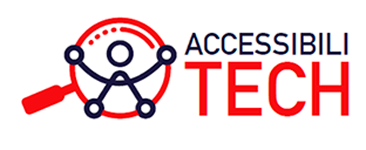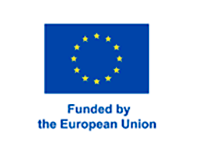Nursing is a vital and dynamic profession that serves as the backbone of the healthcare system. Nurses provide not only direct patient care but also education, emotional support, and coordination of services. To ensure that nurses maintain their skills and deliver quality care, many rely on structured tools like FPX assessments which evaluate competencies and guide ongoing professional development.
The Expanding Scope of Nursing Practice
Nursing has evolved from basic bedside care to a highly skilled profession encompassing a wide range of responsibilities. Nurses work in hospitals, clinics, community centers, and even patients’ homes, adapting to diverse environments.
Nurses perform many roles, including:
-
Clinical Care: Administering treatments, monitoring health status, and managing symptoms.
-
Education: Teaching patients about health management and prevention.
-
Advocacy: Ensuring patients’ rights and preferences are respected.
-
Leadership: Supervising teams, managing healthcare resources, and influencing policy.
Because the field is so broad, tools like the nurs fpx 4000 assessment 5 help nurses measure their knowledge and skills, ensuring they meet the demands of their roles effectively.
Key Skills for Successful Nursing
Effective nursing combines technical expertise with strong interpersonal abilities:
-
Critical Thinking: Nurses must analyze situations quickly and make informed decisions.
-
Communication: Clear communication is essential for patient safety and teamwork.
-
Compassion: Emotional intelligence helps nurses connect with patients and families.
-
Technical Proficiency: Nurses use various medical technologies and procedures daily.
-
Flexibility: The healthcare environment is ever-changing, requiring adaptability.
Challenges Nurses Face Today
Nurses deal with many challenges that can impact their work and well-being. Heavy workloads, shift work, and emotional strain contribute to stress and burnout. The shortage of nursing staff in many regions exacerbates these issues, making it harder to provide consistent care.
Moreover, technological advances mean nurses must constantly learn new systems and protocols. Regular assessments, such as the nurs fpx 4015 assessment 1, offer valuable feedback and help nurses stay current.
The Impact of Nursing on Patient Care
Nurses directly influence patient recovery and satisfaction. They serve as the primary point of contact, monitoring patients closely and ensuring treatments are administered correctly. Research consistently shows that better nurse staffing and training improve patient outcomes, reducing complications and hospital stays.
Nurses also play a key role in preventive care by educating patients about healthy lifestyles and managing chronic diseases. Their advocacy ensures that care is personalized and patient-centered.
Lifelong Learning in Nursing
Healthcare knowledge and technologies evolve rapidly, making ongoing education essential. Nurses engage in continuous professional development to maintain certification and enhance their skills. Formal assessments, like the nurs fpx 4025 assessment 1, help identify learning needs and support career growth.
Looking Ahead: The Future of Nursing
The future holds exciting possibilities for nursing. Advances in telehealth and digital tools will allow nurses to provide care remotely and analyze health data more effectively. Specialization in areas like gerontology, pediatrics, and mental health will grow, meeting the needs of diverse populations.
Nurses will also take on more leadership and policy roles, shaping healthcare delivery and advocating for patient rights. Despite these changes, the core values of empathy and patient-centered care will remain central.


